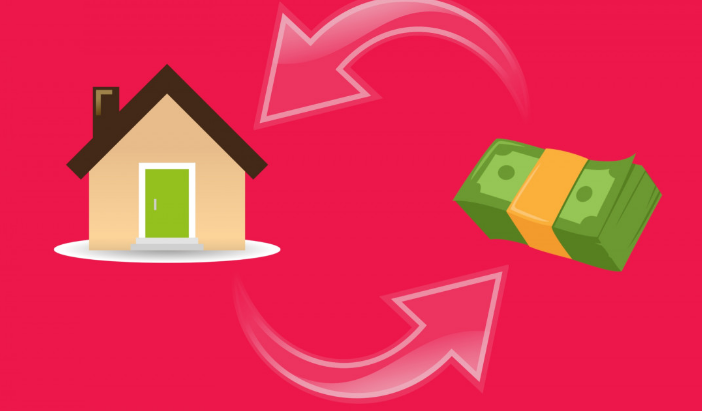 Originally posted on Fairview Lending.
Originally posted on Fairview Lending.
Most economists are convinced that there will be a recession soon, although nobody knows whether it is 3,6 or 12 months away. The good news is that this recession should not be a repeat of 2008. Which prior cycle will the next recession likely represent? Will it be a deep recession? What will happen to real estate prices?
Why are economists correlating this upcoming recession with the 90s?
There seems to be some consensus that this next recession will not be a repeat of 2008 based on the information we have today. The recession with the most similarities to today is the 90s.
The big issue in today’s economy is inflation. As inflation continues the federal reserve will raise rates which will ultimately lead to an “engineered” recession. It is important to emphasize that this recession will be a recession engineered by the federal reserve to hopefully slowly let some air out of the economy which should help the recession be much milder than others.
The 90’s recession was a very mild recession. We aren’t seeing the huge bubbles like we saw in real estate in 08 time frame with crazy leverage using adjustable-rate mortgages. Furthermore, employment is robust, and the economy is growing, the federal reserve’s job for price stability will force rates higher which will lead to a moderate slowdown which currently looks similar to a 90’s style slow down.
What happened to real estate values in 90’s recession
With the consensus of a mild recession in the offing, it is important to look at what happened during the last mild recession in the 1990s.
- Real estate prices dropped 14%
- It took 10 years for prices to return to the highs of 1989
How does this recession look a bit different than the 90s?
Unfortunately the 90’s and now are not identical twins. There are some fundamental changes in real estate that have occurred. Here are two important trends that have arisen since the 90’s recession
- Wall Street has gotten into residential real estate: Wall street has taken over main street on the purchase and long term rentals.
- Purchase side: companies like Redfin, open door, etc… are essentially corporate backed flippers. Unfortunately their margins are very low, in a downturn when the music stops there is substantial risk of losses on the properties they own
- Long term rentals: Wall street owns hundreds of thousands of houses as long term rentals. Are they overleveraged? How will they react when rents hit a peak due to a recession.
- Nightly rentals are a huge asset class
- Nightly rentals like Airbnb or VRBO hadn’t been conceived in the last recession. Now millions of property owners rent their houses on a nightly basis to pay their mortgage. What happens when there is a substantial pull back in discretionary spending. Many owners will have severe cash flow issues.
What are my current predictions on real estate prices?
I think the 90’s recession is a good indicator for what is ahead for real estate prices. I think a 15-20% drop is likely. Remember, the appreciation throughout the nation last year was 20% and in many “hot markets over 30%. There is some downside risk depending on how nightly rental owners react to a reset of prices and how leveraged the new wall street residential owners are.
Who will be impacted the most?
Anyone who has bought in the last year or two will have a higher risk of being underwater. For example, if you bought a house in Denver or Atlanta or Denver 6 months ago using an FHA loan with 5% down, when the market resets you will be underwater by around 10% off your purchase price. We saw during the last recession that the number one indicator of default is equity. The more equity, the less likely and vice versa.